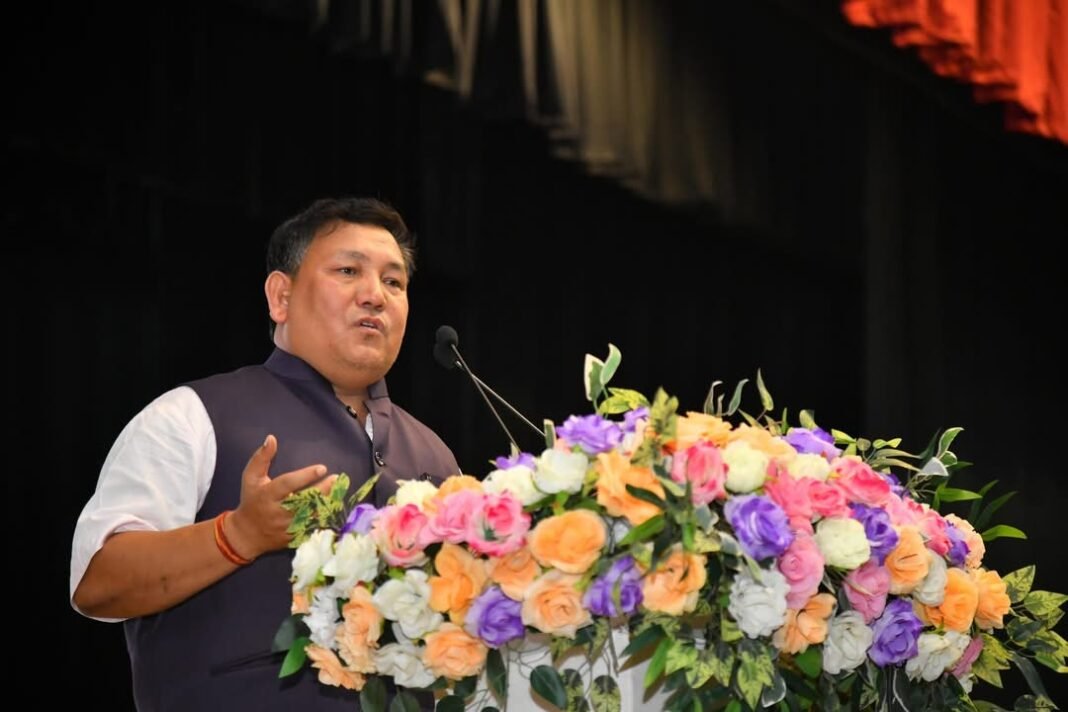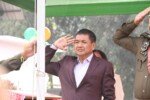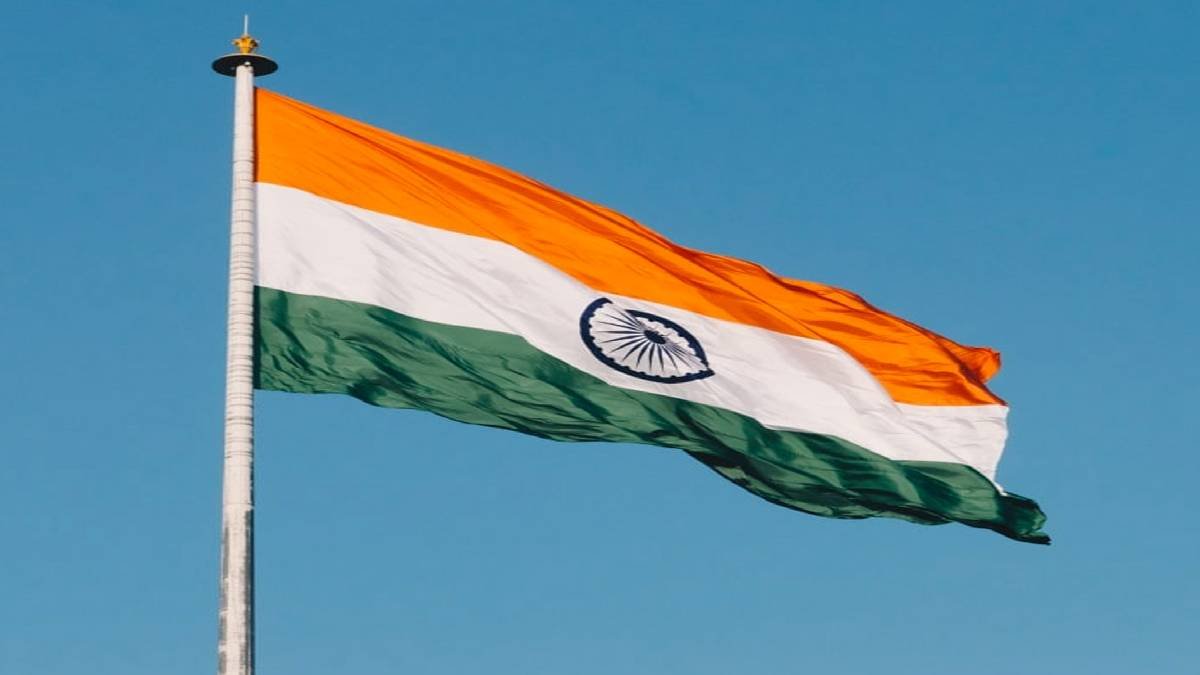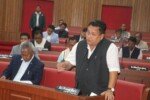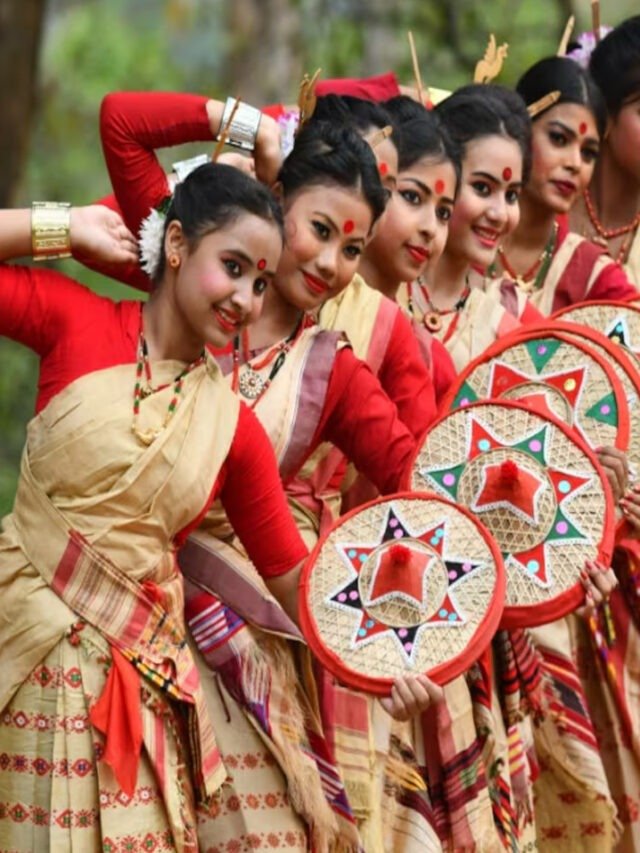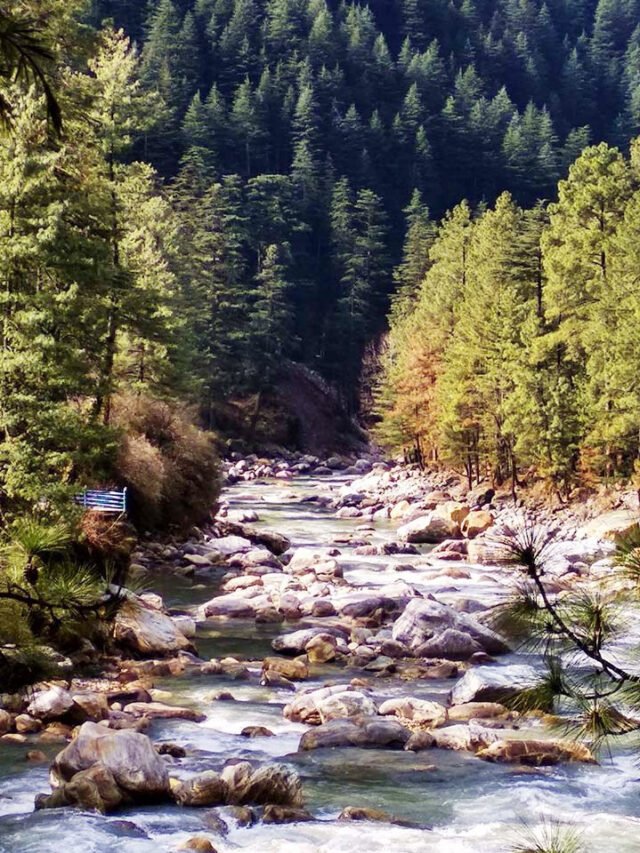HT Bureau
GUWAHATI, April 9: The CEM of the Bodoland Territorial Council (BTC), Pramod Boro, made a heartfelt appeal to all government officials to be polite, honest, and committed in their service to the people.
Speaking at the first-ever District Conference for all Grade III and above officials, held on Tuesday at the Bodofa Cultural Complex in Kokrajhar, CEM Boro emphasized the need to bridge the gap between government machinery and the general public. He urged officers to conduct regular field visits to ensure speedy, time-bound, and transparent implementation of welfare schemes.
“Let us serve the people with humility and honesty. Be kind, be present, and always remember — governance is not about power, it’s about care and responsibility,” CEM Pramod Boro said, calling for a shift towards empathetic and people-driven governance.
He also highlighted the importance of fostering a culture of mutual care and cooperation among colleagues and departments, stating that a better society begins with how we treat one another — within the system and beyond.
Speaking on the occasion, Assam Minister for Handloom, Textiles and Sericulture, U G Brahma, emphasized the importance of goodwill and dedication in working for the betterment of society. He underlined the crucial role government officials play in bringing about positive change through effective service delivery and public engagement. He also expressed hope that the Bodoland Territorial Region (BTR) will become a model for others in development and good governance.
MP Rangwara Narzary stated that people across the country are now taking inspiration from the BTR Model of Peace. He emphasized that this model is bringing about positive change in various regions.
Boro also emphasised the need to focus on development-centric initiatives and achieve the targets outlined in the 100-Day Action Plan to be formulated for the financial year 2025–26. He urged the Council Heads of Departments (CHDs) of BTR to ensure that while setting targets and planning activities, proper field verification and assessment of actual ground requirements are carried out. Speaking at the preparatory meeting held at BTCLA Auditorium on Tuesday for 100-day targets for departments and focused thematic areas, he also called for the formulation of a long-term vision aimed at the holistic development of the Bodoland Territorial Region.
“We must align our planning with the aspirations of the people and ensure that every initiative we take leads to real change on the ground,” CEM Boro said, underlining the importance of realistic and impactful governance.
Speaking at the meeting held with all the Council Heads of Departments (CHDs) of BTR, Principal Secretary of BTC, Akash Deep, stressed the need for a result-oriented framework. He urged departments to adopt measurable goals and ensure timely execution to translate plans into tangible outcomes.
The meeting was also attended by Deputy CEM of the Bodo Kachari Welfare Autonomous Council Romio P Narzary, Political Adviser of CEM Madhab Chetry and several other MCLAs of BTC.
The BTC also organised a consultative meeting with representatives of 75 community organisations at the Bodofa Cultural Complex, Kokrajhar. The meeting, which witnessed participation of 75 organisations from all 26 communities of BTR, was chaired by BTC CEM Pramod Boro. In his address, CEM Pramod Bodo reflected on Bodoland’s transition from conflict to stability following the signing of the Bodo Peace Accord in 2020. “BTR today stands as a model of peace, where dialogue and cooperation among communities have become the foundation for progress,” he said.
One of the major announcements of the day was the proposal for setting up a Community Museum to preserve and celebrate the heritage of all 26 communities. He also urged community organisations to propose community-specific restricted holidays and submit plans for community festivals that the council government could support in organising.
On the linguistic front, CEM Bodo released the first volume of a Multilingual Word Book comprising of 10 languages, and announced that a second volume, covering the remaining communities of BTR, will be published in the first half of the current financial year under the Vision Document programme.
The CEM also highlighted key development areas aligned with the Vision Document, focusing on education, infrastructure, and economic empowerment. He introduced “Sangharsh to Nirman” (From Struggle to Construction) as the guiding theme for the region’s journey ahead.
BTCLA Speaker and Chairman of Vision Document Committee Katiram Boro, in his remarks, expressed appreciation for the enthusiastic response from community organisations. He assured that the suggestions and feedback received during the meeting would directly influence policy formulation, especially concerning cultural preservation and inclusive development.
Community representatives actively participated in the discussion, sharing views on the proposed museum, the need to enhance language education, job creation, and healthcare services. While many favoured a unified museum complex with separate rooms for each community, others advocated for distinct spaces that could house not just artefacts but also libraries and cultural centres.
The meeting concluded with a renewed commitment by the BTR Government to work closely with all communities to realise the goals outlined in the Vision Document.


